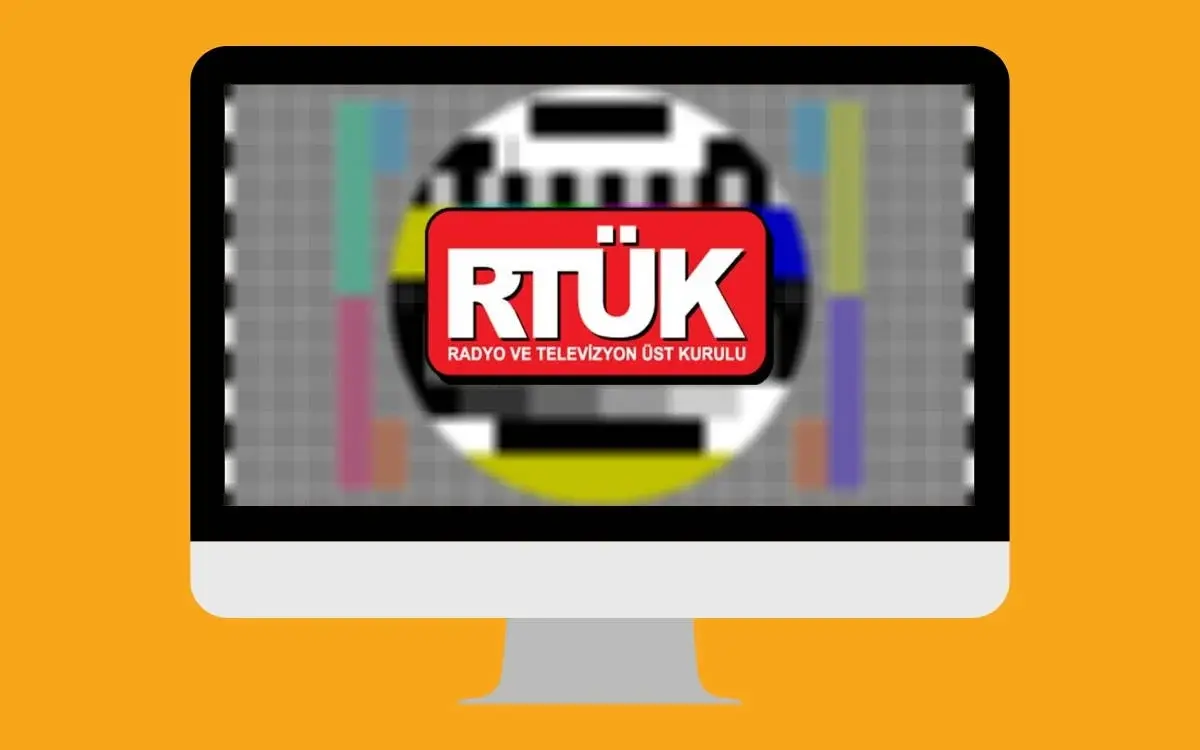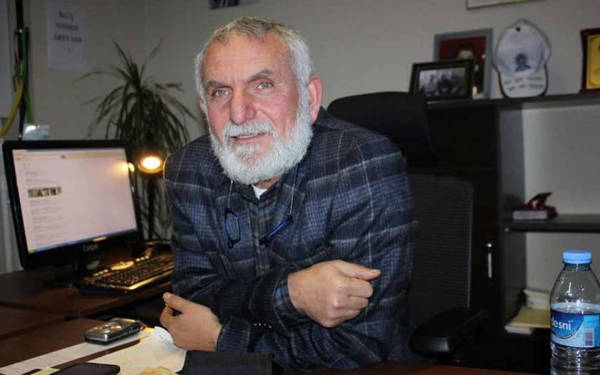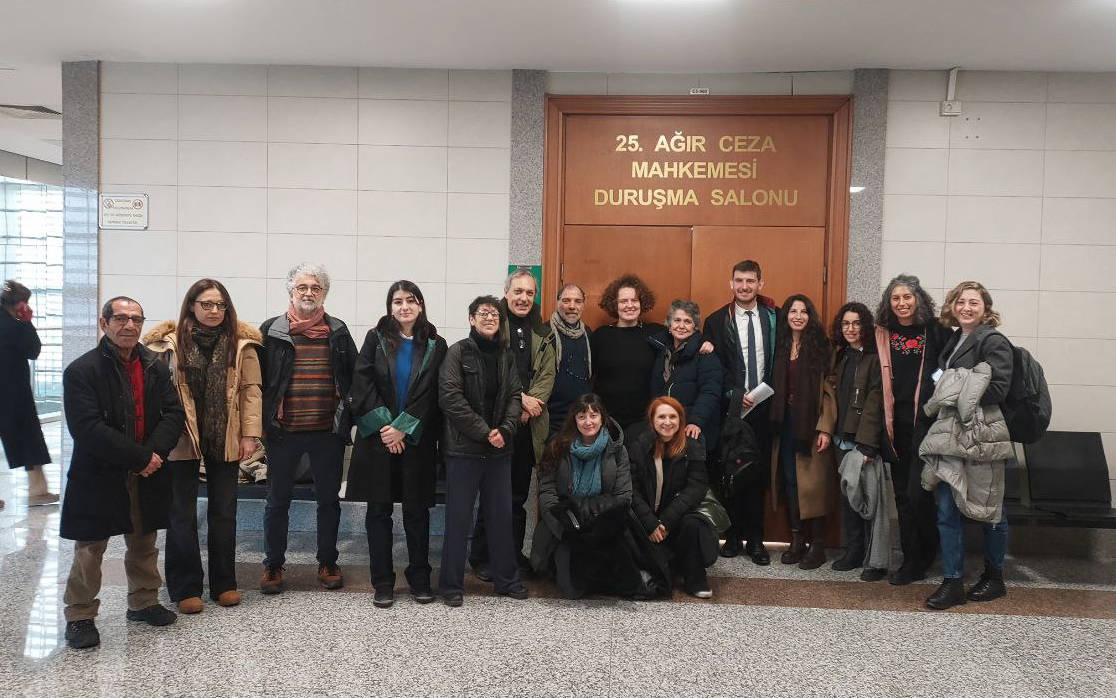The Radio and Television Supreme Council of Turkey’s (RTÜK) 2019 regulation that compels media platforms broadcasting via the internet to obtain licenses is once again being debated.
RTÜK has asked Cumhuriyet to pay a license fee for publishing videos on YouTube, or to stop its broadcast. The newspaper was granted a period of 72 hours to meet demands.
Media and Law Studies Association (MLSA) Co-Director Barış Altıntaş described this move by RTÜK as one of the most serious threats against freedom of expression in Turkey.
According to Altıntaş, the regulation that came into force in 2019 targets not only digital platforms but also media institutions that produce news content.
“This regulation was clearly prepared with a mentality that targets news and reporters” says Altıntaş, who describes it as a censorship mechanism. Altıntaş argued that this regulation was in violation of the freedom to report and broadcast.
Recalling Ebubekir Şahin and Dilruba Kayserilioğlu
Altuntaş mentioned how Deutsche Welle (DW) and Voice of America (VOA) were blocked for not taking out licenses for the videos they published on their own websites.
“The license most recently demanded from Cumhuriyet newspaper for its YouTube channel, shows how hungry RTÜK has become to expand its scope of inspection”.
Altıntaş stated that RTÜK Chair has declared in the past that they wanted to impose inspection on YouTube, and recalled the case of Dilruba Kayserilioğlu, who was arrested last summer for criticizing the Instagram ban in a street interview and was later given a 11-month-prison sentence.
“Kayserilioğlu was arrested after the RTÜK Chairperson made a statement regarding street interviews on YouTube,” she added.
“RTÜK on the path to become Roskomnadzor”
Altıntaş compared RTÜK’s practices to those of Roskomnadzor, the Russian agency for monitoring, controlling and censoring media and internet:
“RTÜK’s targeting of platforms like YouTube will further narrow the field of free journalism. Rhis practice, to me, highly resembles the censorship policies of Roskomnadzor regarding the internet, an organization in Russia that is similar to RTÜK.”
For instance, as of 2024, Roskomnadzor has banned more than 250 thousand items of content, leading to the closure of hundreds of media institutions. Today, any blog, news item, or even social media post in Russia faces threats ranging from closure to punitive action.
I feel that is also the direction the implementations of RTÜK are heading towards in Turkey. The fact that fines given to offline TV companies only target opposition media institutions, and the general stance of the government towards media that does not support it, provide bitter signs as to how the move involving Cumhuriyet will result in the future.”
Judiciary silent for 5 years
Altıntaş also reminded us of the judicial process MLSA has launched against the regulation, saying, “We filed a stay of execution and annulment case at the State Council regarding the regulation. Yet there has been no verdict despite the fact that five years have passed since.”
(HA/NHRD)












